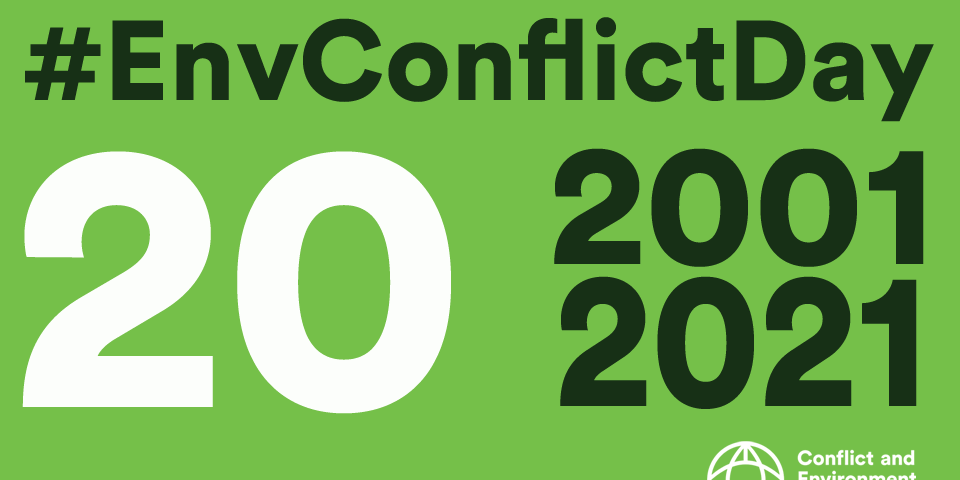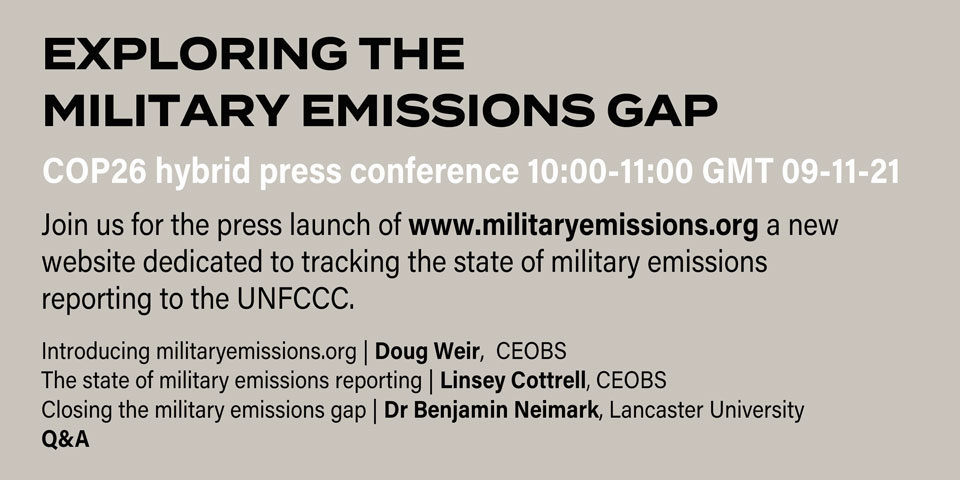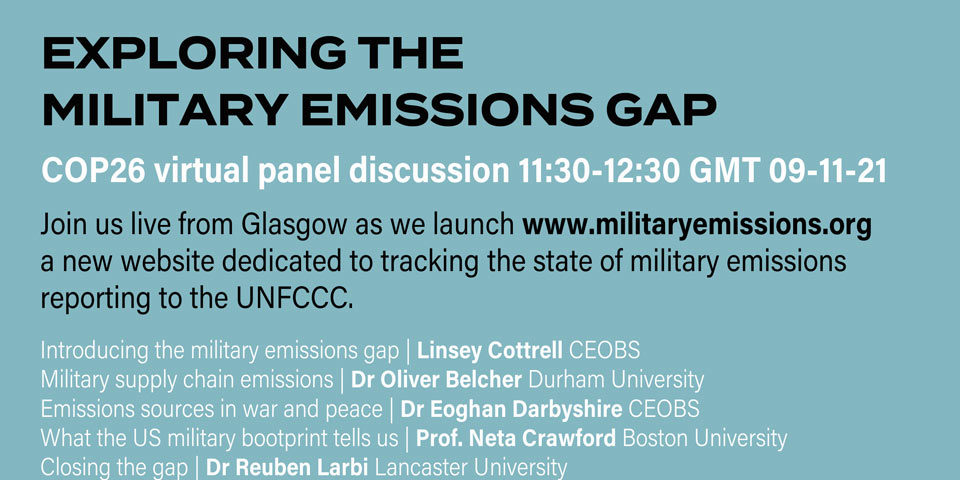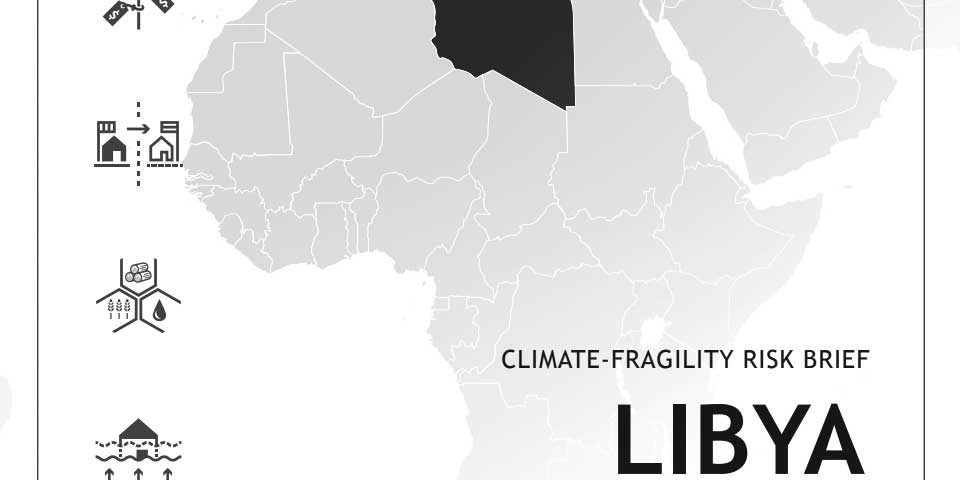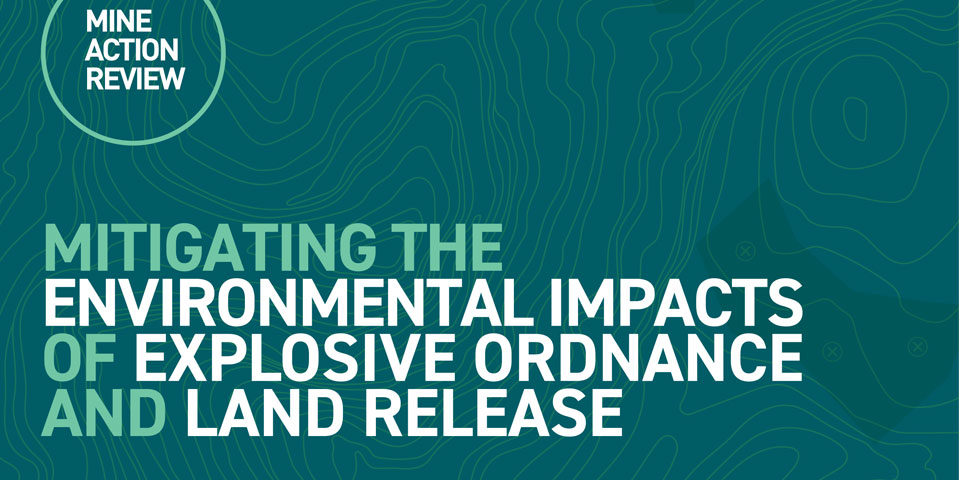Military emissions cuts – where do we go from here?
It’s been an extraordinary year for the campaign to hold militaries accountable for their contribution to the climate emergency, in this post Doug Weir takes stock of where we are, and how we can build on the achievements of COP26.



